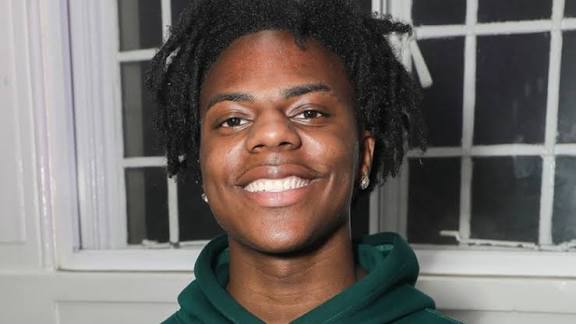The Federal High Court in Abuja has dismissed the case between the Federal Competition and Consumer Protection Commission (FCCPC) and MultiChoice Nigeria Limited, operators of DStv and GOtv, marking a victory for MultiChoice and reinforcing the principles of a free-market economy in Nigeria.
The suit was thrown out by Justice James Omotosho, who, in his ruling, addressed the core issues raised. The judge specifically considered whether the FCCPC had the statutory authority to regulate or fix the prices charged by MultiChoice for its services in Nigeria, whether the FCCPC acted within its powers by issuing orders to MultiChoice to suspend price increases, and whether MultiChoice’s pricing practices amounted to abuse of dominance or unfair practices under the Federal Competition and Consumer Protection Act.
Justice Omotosho held that since Nigeria operates a free-market economy, the FCCPC lacks the power to interfere in the pricing decisions of private companies like MultiChoice.
The judge cited Section 88 of the Federal Competition and Consumer Protection Act, clarifying that only the President of the Federal Republic of Nigeria can regulate prices in a regulated industry and for essential goods. The services rendered by MultiChoice, the court noted, do not fall into this category, as consumers have alternative choices.
READ ALSO: Countdown to MultiChoice Step Up Campaign
Justice Omotosho further ruled that the FCCPC has no business querying how companies fix their prices in a free-market environment. The court found no evidence that the FCCPC had the statutory authority to regulate or fix prices in the absence of specific presidential approval, and that the relevant laws do not empower the Commission to impose price controls unilaterally.
The court also found that the FCCPC’s orders to MultiChoice to suspend price increases were ultra vires, or beyond its legal powers, and that there was no evidence before the court that MultiChoice’s pricing practices constituted an abuse of dominance or unfair practice as required under the Act.
The judge’s findings on these issues for determination made it clear that the FCCPC’s intervention in MultiChoice’s pricing was not supported by law.
READ ALSO: CNN MultiChoice African Journalist Awards’ overall winners!
The court’s submission is expected to have significant implications for the regulation of pricing in Nigeria’s pay-TV industry. By upholding the principle of market-driven pricing, the judgment reinforces investor confidence and clarifies the limits of regulatory intervention in a liberalised economy.
Industry observers noted that the ruling underscores the importance of balancing consumer protection with the need to foster a competitive and dynamic market.






Leave a Reply